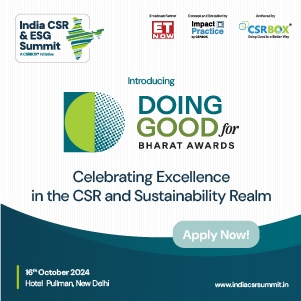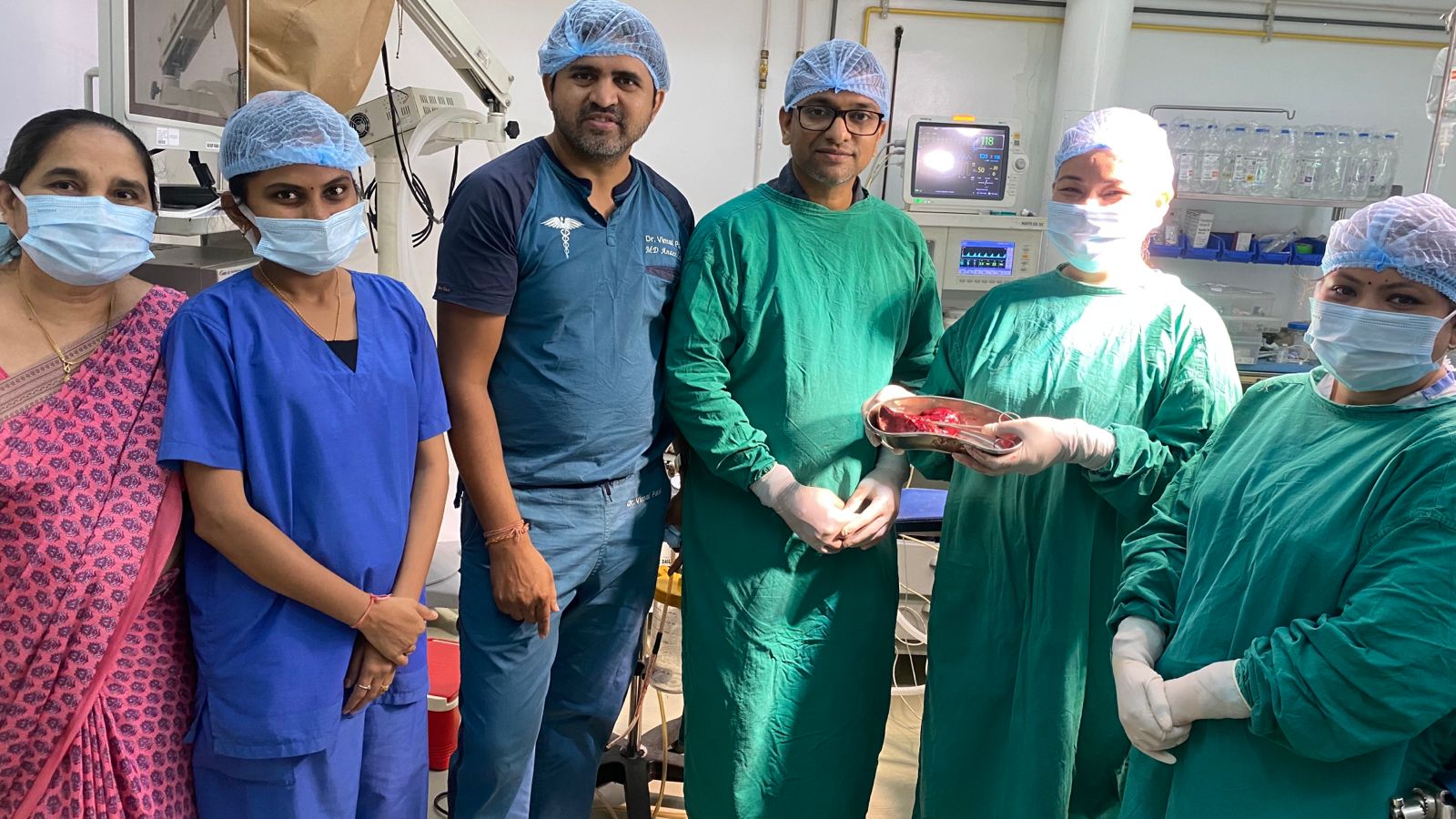Subscribe our Weekly Newsletter
Applications Invited for the Hepatitis Fund call for proposals 2024

Organization: The Hepatitis Fund
Apply By: 10 Sep 2024
About the Organization
We want to see a world where no child is born with viral hepatitis, and where people living with hepatitis have access to equitable treatment and care – no matter where.
The Hepatitis Fund makes focused investments that work to close identified gaps in the prevention, treatment and care of viral hepatitis. In doing so, we enable partners to demonstrate impact, build a case for change, and motivate governments (and the international community) to invest in proven strategies for disease elimination.
About the Grant
The latest data from the World Health Organization’s (WHO) Global Hepatitis Report 2024 show that viral hepatitis remains a major public health challenge, with the world still far from eliminating it by 2030. Hepatitis B and C continue to cause significant mortality, claiming over 1.3 million lives each year due to complications like liver disease and cancer. In 2022, viral hepatitis and tuberculosis were the second leading causes of death among communicable diseases following COVID-19.
Globally, an estimated 254 million people are living with hepatitis B, 50 million with hepatitis C, and 6,000 people are newly infected with viral hepatitis each day. In most countries, many people remain undiagnosed, and even when hepatitis is diagnosed, the number of people receiving treatment remains incredibly low.
Despite the availability of affordable medicines, many countries are not fully utilising these treatments due to policy, programmatic, and access barriers. Similarly, many infants do not receive the hepatitis B birth-dose vaccination along with at least two additional recommended doses despite the low cost of this intervention. Funding for viral hepatitis remains limited.
Urgent and coordinated action is needed to overcome these obstacles and get the global response back on track. This includes increasing funding, improving diagnosis rates, expanding treatment accessibility, and addressing systemic barriers. It is crucial to maximise the use of available tools and ensure fair access to interventions to effectively end the hepatitis epidemics.
The Hepatitis Fund is launching a second round of proposals on 29 July 2024 for the period 2025-2027.
Through this multi-year funding opportunity, organisations may apply for grants to support their work to eliminate viral hepatitis as a public health threat.
Grants will be allocated to projects serving hepatitis B and C populations in low- and middle-income countries in Asia and Africa.
THF will consider proposals for projects divided into two tracks:
- Track 1: Will focus on the advancement of planning and financing elimination activities, particularly through the provision of technical assistance to support national government leaders.
- Track 2: Will focus on the development or delivery of programme services by the implementing organisation.
Funding tracks:
Track 1: Use of data and technology to inform planning and financing.
Harnessing the power of data to engage senior leaders and make the data easy to understand for key stakeholders so that they are moved to confront the burden of hepatitis. For example, there are untapped databases which provide data, modelling tools, and decision analytics to support eliminating hepatitis B and C globally by 2030.
Working with Ministry of Health and Ministry of Finance officials to develop strategic financing approaches. While most countries with a significant burden/prevalence of viral hepatitis have national action plans to address the disease, they are often limited in scope, ambition and implementation to reach elimination goals due to the perceived insurmountable costs.
Example of activities include, but are not limited to:
- Costing a viral hepatitis elimination plan
- Making the investment case for hepatitis elimination
- Examining innovative financing mechanisms to meet those costs.
- Showcasing the outcomes of financing strategies to demonstrate to other countries what is possible.
- Establishing quality national data collection, surveillance, and modelling
- Building capacity for monitoring and evaluating the hepatitis programme indicators
- Providing technical expertise to key decision makers in governments to advance their top priorities to test and treat viral hepatitis.
Track 2: Developing programmes to deliver services
I. Saving lives by promoting maternal, newborn, and child health.
Vertical transmission (also known as mother-to-child-transmission, or MTCT) is the most common form of transmission of hepatitis B (HBV) in many high-prevalence areas such as East Asia and Africa and may occur in up to 90% of infants of mothers with chronic HBV, if specific ante- and perinatal interventions are not provided.
Birthing facilities are an underutilised channel for delivering comprehensive services for the prevention of HBV infection in children, particularly HBV birth-dose vaccination. Integrating prevention of vertical transmission of HBV (PMTCT) into routine perinatal care promotes maternal, newborn and child health and strengthens health care delivery systems in general.
Illustrative activities include, but are not limited to:
- Increasing facility-based delivery
- Expanding and rolling out timely birth dose vaccination
- Increase uptake, availability, and quality of HBV PMTCT services among pregnant women
- Assess and develop strategies to address HBV PMTCT service implementation.
II. Accelerating access to testing and treatment approaches
Implementing efficient and innovative approaches for accelerating the testing of populations for hepatitis to identify those persons who have chronic infection and link them to appropriate care.
Illustrative activities include, but are not limited to:
- Decentralising hepatitis services and task shifting of hepatitis care.
- Raising awareness about the viral hepatitis challenge and solutions
- Supporting advocacy and technical assistance for increased financing at global and national level
- Integrating people centred hepatitis services delivery within universal health coverage
- Ensuring equitable access to essential medicines and technologies to address viral hepatitis by improving procurement systems
- Screening key populations and addressing stigma associated with viral hepatitis infections
- Integrating hepatitis care into other relevant health programmes
- Increase general health workforce competencies relating to viral hepatitis testing and treatment
- Developing and use of e-health tools, cost-effective and secure communication technologies as a key enabler in the delivery in the health care services.
- Increasing awareness and communicating patient education, e.g., by engaging civil society and patient support groups
- Sharing best practices and lessons learned to facilitate scaled-up roll-out across countries
How to Apply
If you have any questions or queries regarding the application process, please contact:
grants@thehepatitisfund.org
More information about the call is available in the following documents:
- The Hepatitis Fund grantmaking policy and funding guidelines 2024
- Terms of Reference for Call for Proposals
For more information please check the Link
Latest Online Store
Latest Tenders And EOIs
Latest News
© Renalysis Consultants Pvt Ltd
























.jpeg)

.jpg)